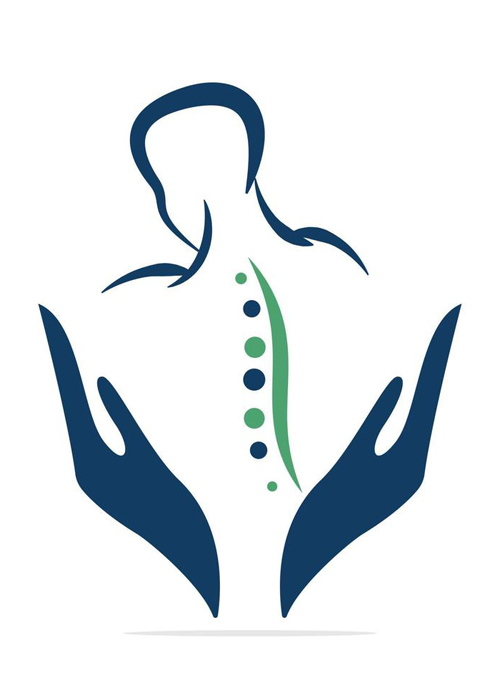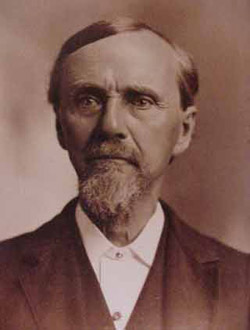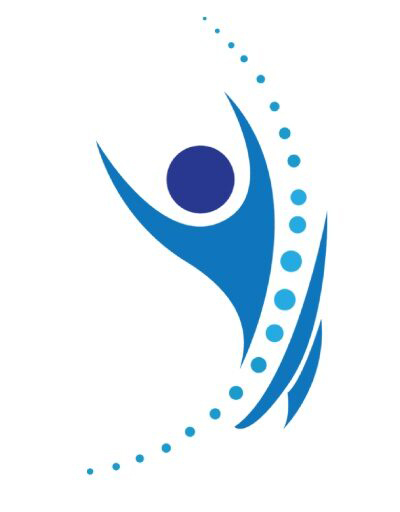The OCI must impart key messages to the Public and the Membership
The Public

Regulation of Osteopathy
The OCI is a self-regulatory organisation which set out strict rules, regulations, and ethical standards for its membership. Statutory regulation under the state body CORU is a work in progress. The OCI is working tirelessly with governmental departments, agencies, and other key stakeholders to deliver formal CORU membership.
In regulating Osteopathy in Ireland, the wider public can be assured of a standard of care. Further, regulation brings protection of title, currently, the title of Osteopath can be used by unqualified persons. The current purpose of the OCI is in assuring the public that members listed and registered with the Council are regulated and standardised.
Globally Osteopathy is regulated and protected in states such as the United Kingdom, much of Europe, Australia, and New Zealand. Ireland is currently an outlier in this regard and the OCI is striving to deliver on this important regulatory element.
Definition of Osteopathy:
Osteopathy is a system of diagnosis and treatment for a wide range of medical conditions. It works with the structure and function of the body and is based on the principle that the well-being of an individual depends on the skeleton, muscles, ligaments, and connective tissues functioning smoothly together.
Word from our President
(TBA)
Osteopathy was founded in the late 1800’s by the physician Andrew Taylor Still.
Three principles guide Osteopathy:
• The body is a unit
• The body has a self-healing mechanism
• Structure governs function

In broad terms Osteopathy is a form of manual therapy that is non-invasive, safe and effective. It seeks to restore function and health in the patient.
Osteopathy is based in science, Osteopaths are regarded as primary healthcare practitioners with extensive knowledge in Anatomy, Physiology, Neurology, Pathology and Orthopaedics etc. In this regard Osteopaths are trained to recognise if and when a patient requires medical referral.
Osteopathic treatment has many approaches. Some Osteopaths may use one model or a blend of models. These models are often referred to as the following:
- Structural: This uses a hands-on approach working directly into the soft tissues (Muscles, Tendons, Ligaments) and/or mobilisation or articulations of joints.
- Cranial: Cranial Osteopathy is a very gentle approach where light touch is used on the head, spine and/or pelvis.
- Visceral Osteopathy: Visceral osteopathy is a branch of osteopathy that aims to address these organs’ mobility within their natural body position to allow a better function of the whole system
Whilst the models as above are within the scope of Osteopathy, on occasion, practitioners will have studied other modalities and they may apply these in practice. Therefore, it is important that the Osteopath discusses their treatment approach with each patient and educates them on the reasoning behind it.
Who and what do osteopaths treat?
Osteopaths believe everyone can benefit from a tailored, whole-person approach to health. There is no age restriction in the patients treated by Osteopaths. However, different Osteopaths may practice in different ways and it is important for patients to discuss any age-related queries or concerns with their Osteopath in advance of an appointment.

